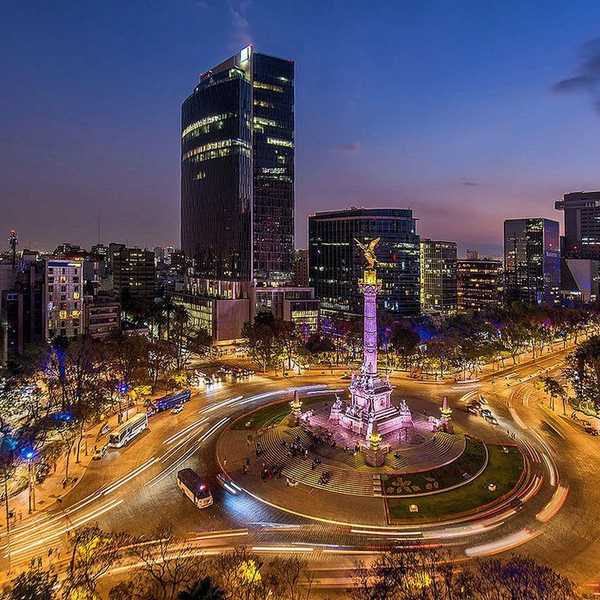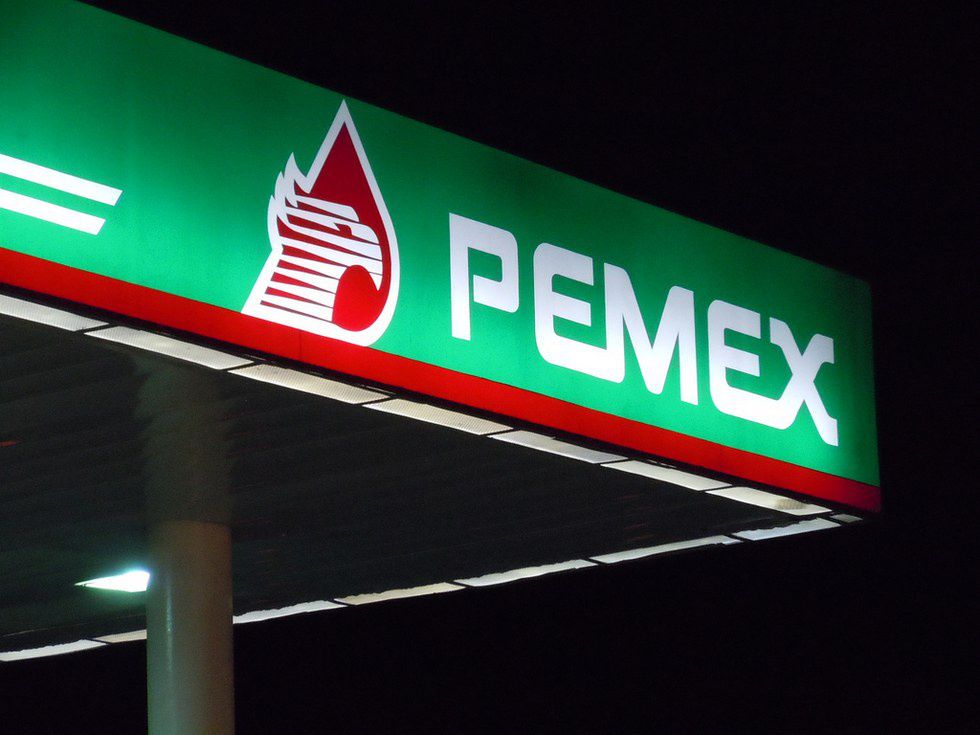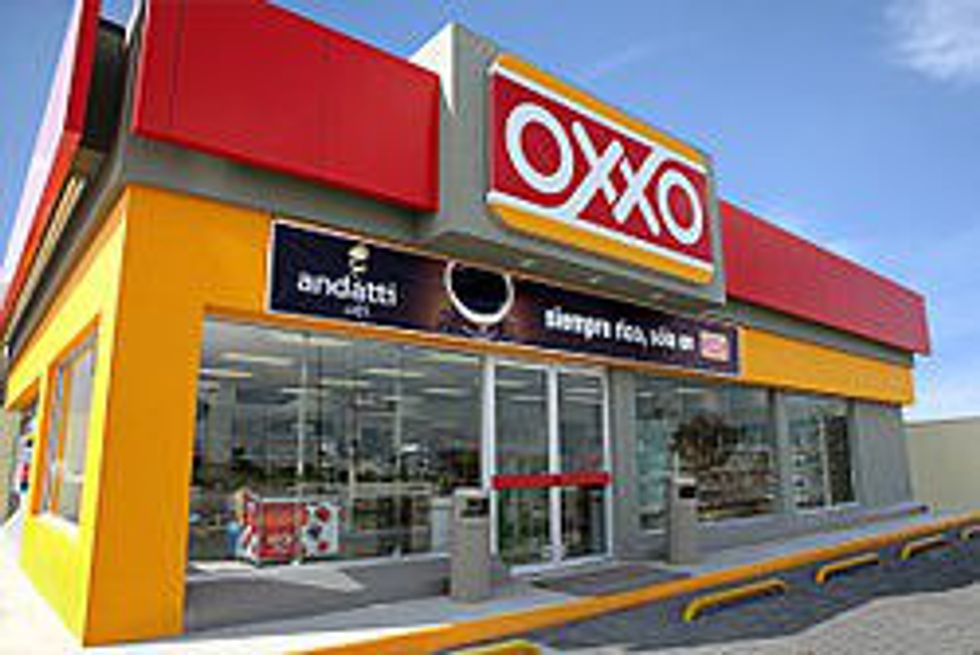To this day, Mexico’s is still considered to be a third world country, despite the new emerging technologies and resources present. Streets and roads need a lot of repair, old buildings are barely able to stand, and extreme poverty is still a commonality for Mexico. A great factor that contributes to their consistent socioeconomic status is the single or few dominant leaders in each market. Private and Government owned industry is at it’s peak in prosperity and wellness in their corresponding markets. However, this lays a large implication for the working class and entrepreneurs in Mexico; it’s impossible to compete against firm monopolies and oligopolies.
Monopolies
It is no secret that Mexico runs on a monopolistic and oligopolistic economy, in which only a few or single leader's reign each market. For example, Mexico’s citizens only have one choice in the oil and gas industry, and that is PEMEX.
PEMEX is a state-owned enterprise and has been the leader in the oil and gas market for the past 78 years. It is a clear example of a monopoly in Mexico, and this places several burdens in the lives of the citizens. Since PEMEX has no other competitors, they can freely adjust the prices to their convenience. Citizens do not have the option to go to another oil and gas enterprise for a lower price because their is none. It is rumored that much of the automobile gasoline is diluted with other fluids and waste, despite, Mexico being known to have a billions of oil barrels available in the reserves. With PEMEX being the only oil and gas provider in the country, citizens have no other option. Therefore, PEMEX enterprise only gets wealthier off the working class contributions. Laying a financial burden in the lives of many citizens living in poverty in Mexico.
Diminished Opportunities For Entrepreneurs
For many small convenience store owners in Mexico, it is very difficult to thrive in their market with the dominant leaders present. In example, OXXO is the largest convenience store chain in Mexico, with a store literally almost in every corner. What is the implication for small business owners? It is tough for them become a significant competitor in the market, they simply cannot beat the range and low prices of OXXO.
Therefore, this is a clear example of entrepreneurs having diminished chances to flourish in Mexico’s monopolistic economy. Beyond the monopolistic economy, small business owners have to deal with the heavy, unfair taxes imposed by the Mexican government. In many situations, these taxes have placed a financial burden for many small business owners and have forced them to go out of business. On the other hand OXXO’s, owned by FEMSA corporation, have no issues with paying taxes; in many occasions, find a way to escape the corrupt system. Mexico’s economic system does a thorough of helping the rich get richer, and the poor get poorer.
The Big Picture
With a few dominant leaders for every industry in Mexico, it places many hurdles for the poor to financially prosper. Although Mexico has advanced both technologically and somewhat financially, they are still categorized as a Third World country. In order for Mexico to grow and strengthen their socioeconomic level, more regulations and opportunity should be imposed to help the poor and stop monopolies. The Mexican government should focus on helping its people have a better lifestyle with more opportunities, and not support private industry. In order for Mexico to become a global leader, all starts with helping the poor and working class have more opportunities. To provide entrepreneurs by having fewer unfair taxes, and leaving them with more working capital to invest into their business. Mexico should feel encouraged to practice an economic system to United States mixed economy. Until then, Mexico will start to see and experience real change and prosperity.























